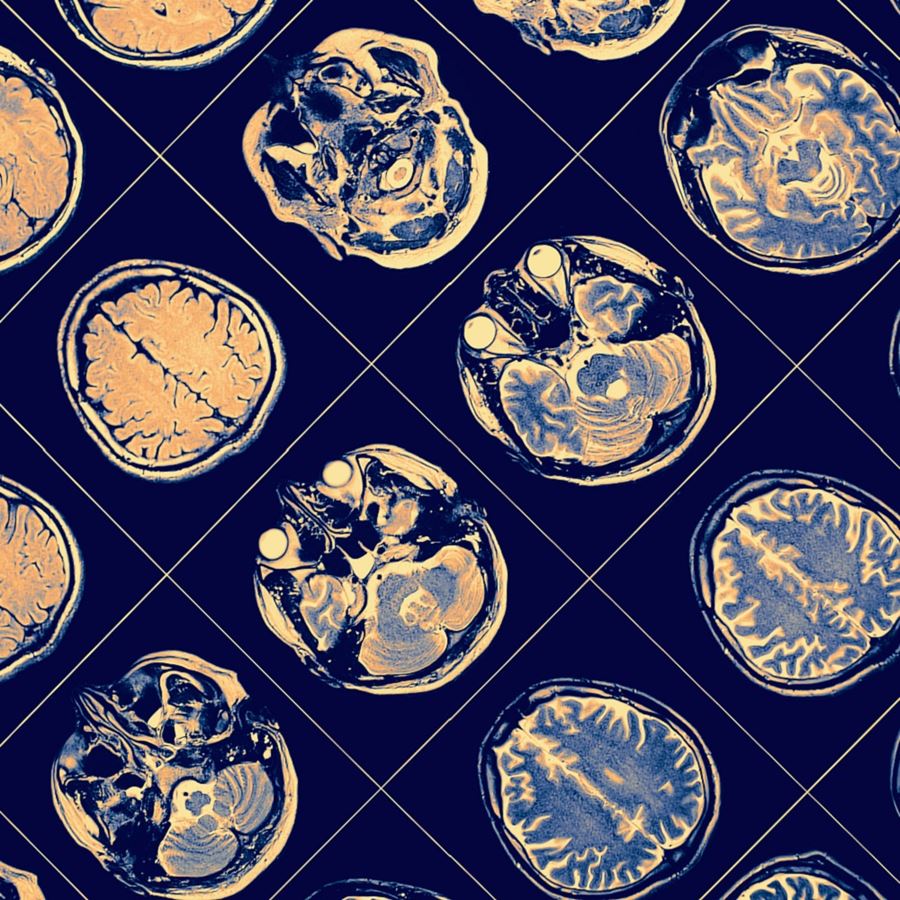Join us for a fascinating and insightful workshop on neuropsychoanalysis with Professor Mark Solms.
Neuropsychoanalysis starts from the assumption that the brain and mind are the same thing, considered from two different observational perspectives (objective and subjective, respectively). This implies that everything we have learnt about the brain has implications for how we conceive the mind, and vice-versa. It is not scientifically acceptable to have two different and incompatible theories about the same part of nature.
In this workshop hosted by Professor Mark Solms, the two perspectives are reconciled with each other, and the practical implications for our clinical work as psychoanalysts and psychotherapists are discussed in detail.
This is a two day workshop and the programme will run as follows:
Day One
Theoretical lessons
Session 1 (10am -12pm)
This session discusses how basic psychoanalytic concepts can be translated into basic neuroscientific concepts and vice-versa. Then it focuses on one important respect in which the two sets of concepts cannot be easily translated, because they contradict each other. This contradiction concerns the fact that the part of the brain which performs the functions that Freud called ‘the id’ is not unconscious, as Freud had claimed. In fact, it is the fount of all consciousness.
Session 2 (12.30pm - 2.30pm)
This session focuses on the parts of the brain that correlate with what Freud called ‘the unconscious’ and explains the implications for our understanding of this central psychoanalytic notion that arise from new findings about the functions of these parts of the brain (for example, the finding that the unconscious memory systems do not contain representational images). This culminates in a radical new conceptualization of ‘repression’.
- 1 hour lunch break (lunch not provided)
Session 3 (3.30pm -5.30pm)
This session outlines modern knowledge about the basic drives and instincts of the human brain, which requires substantial modification of Freudian ‘instinct theory’. This knowledge also has many important implications for our understanding (and classification) of various psychopathologies.
Day Two
Clinical lessons
Session 4 (9am - 11am)
This clinical lesson draws together the implications that the three innovations introduced have on the clinical practice of psychotherapy and psychoanalysis. The emphasis here falls on the implications of these three things: (1) the ‘talking cure’ cannot revolve around dragging the consciousness of words down into the unconscious id, thereby rendering it thinkable, since the id is in fact conscious from the outset; (2) the ‘talking cure’ also cannot revolve around the undoing of repressions for the reason that repressed unconscious memories cannot be recalled in the form of representational images; (3) the aims and mechanisms of psychotherapy and psychoanalysis are reformulated in the light of modern drive and instinct theory.
Practical Examples
Session 5 (11.30pm -1.30pm)
This session will illustrate all of these clinical implications, especially for technique, with reference to two case presentations by members of the audience, discussed ‘live’ by Mark Solms.
- 1 hour lunch break (lunch not provided)
Session 6 (2.30pm - 4.30pm)
This session will illustrate all of these clinical implications, especially for technique, with reference to two case presentations by members of the audience, discussed ‘live’ by Mark Solms.
Fees
-
External attendees - £150
- University of Essex staff / students - £75
*Students of the Department of Psychosocial and Psychoanalytic Studies will be required to pay a £25 deposit which will be refunded once they have attended the workshop
Book your place now


